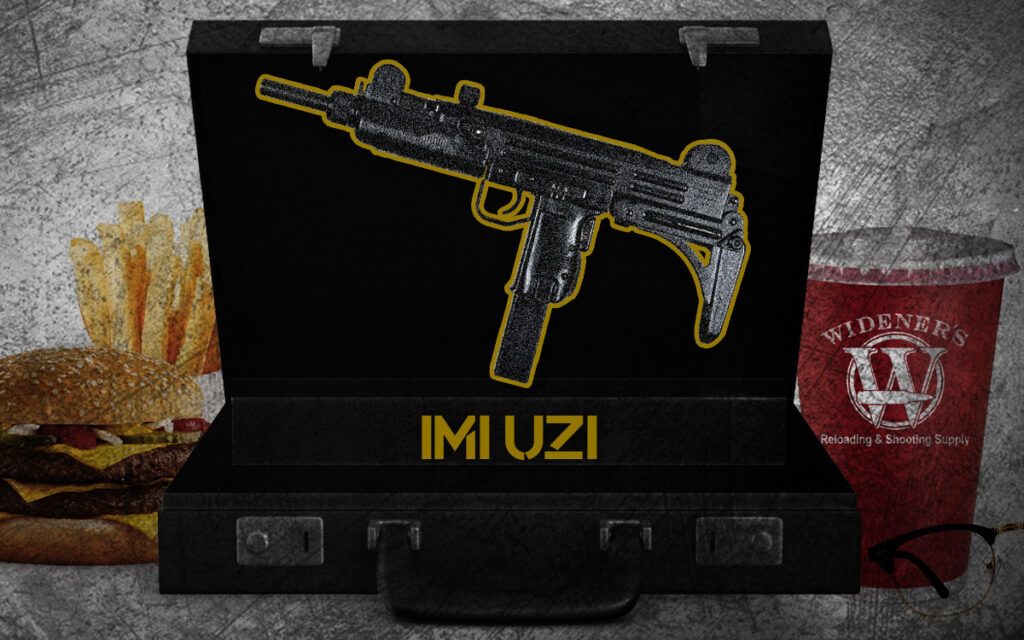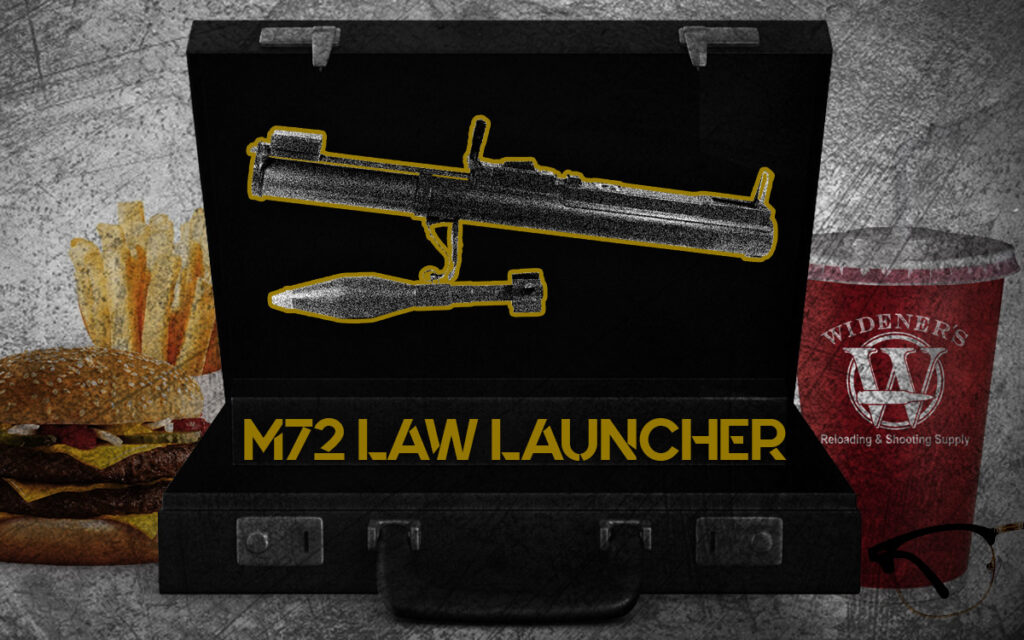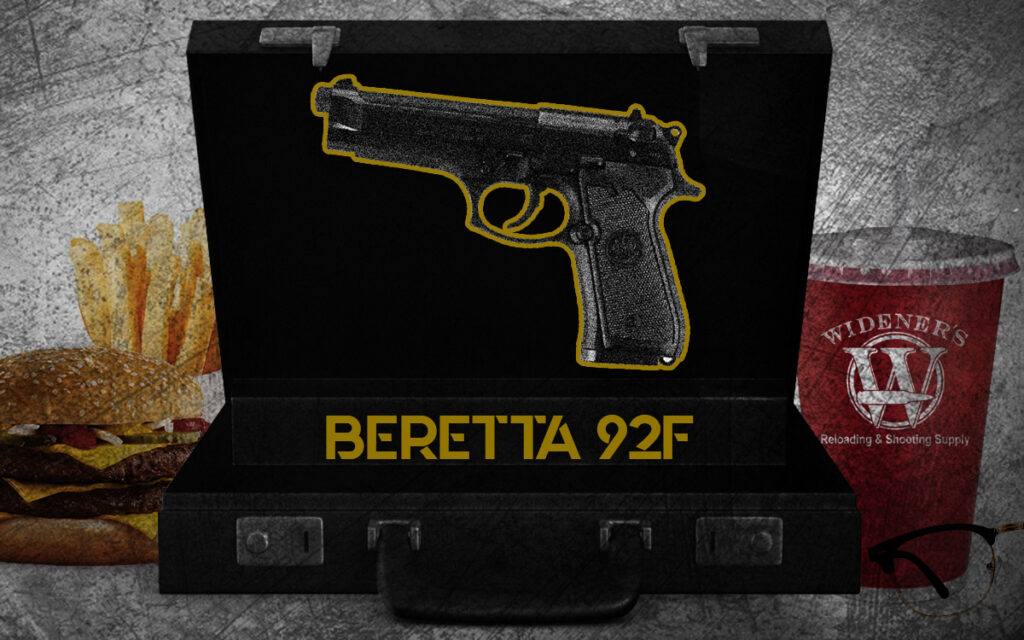

The best-written movies know how to grab your emotions and give them a violent shake, waking them from the slumber of everyday existence. For me, any movie that is advertised as the “feel-good movie of the year” likely isn’t worth the price of admission and a jumbo box of popcorn. I don’t want to just watch a movie, I want an experience. Falling Down delivers an experience, and for viewers with the same mindset, watching it will not be a disappointment.
Director Joel Schumacher developed Falling Down from a script by screenwriter Ebbe Smith. If you’re not familiar, the film is part social commentary and part satire. The wrappers build the overlapping narrative around a clash of cultures: traditional values and modern counter-culture. As art often imitates life, the filming of Falling Down was interrupted by the Los Angeles Riots of 1992. The volatile tensions of the city spilled over, mirroring the fictional drama that was unfolding on the set, causing production delays and setbacks for the cast and crew.
I’m Going Home
William “De-Fens” Foster (Michael Douglas) is a man out of time, living in a country whose own founders would no longer recognize it. He’s a bit of a social outcast, with his STRAC haircut, horn-rimmed glasses, and tightly-wound personality. By outward appearance, he’s an average, middle-aged, middle class, white-collar worker. However, we quickly learn that appearances are deceiving and under the surface, his world is completely unraveling.
For starters, he’s stuck in a Los Angeles summer traffic jam with a broken air conditioner. The handle to turn down his window breaks off, and an annoying fly keeps landing on the back of his neck. If you’ve ever been stuck in LA traffic before, you already know this premise is the perfect setting for a dystopian nightmare.
“Hey, where do you think you’re going?” (Angry Man In Traffic)
“I’m going home.” –William “De-Fens” Foster
As the story progresses we find out that he lost his job and his marriage has failed. Barbara Hershey plays his wife. She is a character expertly crafted around male reactions to feminist ideology. To put it mildly, Bill has reached the end of his rope. He did everything society has asked of him to do as a man, yet life continually hands him the short end of the stick. His marriage, his job, and his identity have all been marginalized.
Much like the character of Odysseus in The Odyssey, Bill has a choice to make, and a journey to embark on. His daughter’s birthday party is that night. Bill’s wife forbid him to attend. A court issued restraining order backs her up.
Despite everything, Bill still believes in family and order. To prove it, he abandons his car in the middle of the Los Angeles freeway and heads for home on foot. But this will be anything but an uneventful cross-town walk for Bill, and it isn’t long before the journey turns violent.
The Journey Home
Consumer Rights Advocate
At his first stop, a grocery store, Bill asks for change to use the telephone (no cell phones in 1993). The Korean proprietor informs him that he must buy something to get change. Bill attempts to buy a can of Coke, but the $.85 cost won’t give him enough change for the call.
As Bill’s temper starts to flare, the owner brandishes a baseball bat, which Bill confiscates and uses to lay waste to large chunks of the store. While the baseball bat may not be a gun, Bill does use it as a weapon during his next encounter.
Graffiti Isn’t Art

Developed by Israeli Military Industries, the Uzi is an open bolt, blowback operated machine gun.
Not surprisingly, Bill finds more trouble when he wanders onto an LA gang’s turf. Confronted by two Latino gang members who want to steal his briefcase, Bill uses his newly-confiscated baseball bat to send them scrambling for safety.
But this is not the end of the encounter. The revenge-minded pair start looking for Bill. He’s not hard to spot with his fair skin, crew-cut, white shirt, and tie. One of the gang members is now toting an IMI Uzi chambered in 9mm, while the other is carrying an Intratec TEC-9. But despite all the firepower, neither can hit the target and the car in which they are riding crashes into a parked car on a side street.
As Bill approaches the car, he sees the Uzi on the ground, picks it up, and shoots the gang member in the leg. He also discovers a bag full of weapons, some of which he will use throughout his trek. Although the entire contents of the bag are never seen, we do know that it contains fully automatic weapons, a few handguns, and a sawed-off shotgun.
The Customer Is Always Right
It’s 11:33 am, and Bill Foster is hungry for breakfast. Unfortunately, in this iconic scene, the Whammyburger restaurant stops serving breakfast at 11:30, and the manager is not about to make any exceptions. That is until Bill shoots up the ceiling with the fully-automatic TEC 9 he now carries. Bill apologizes to the understandably upset customers. Then, he leaves without causing further damage.
Out Of Order
(Machine Gun Fire) “I think it’s out of order.” –William “De-Fens” Foster
In a brief, but memorable encounter in a phone booth, Bill places a call to his Wife, only to get a busy signal. As he exits the phone booth, an irate citizen waiting to use the booth verbally accosts him. Bill retaliates by pulling out a MAC-10 and opening fire on the booth, blowing it to pieces.
Surplus Chaos

The military developed the M72 Law missile launcher as an anti-tank weapon for shoulder-fire by troops in Vietnam.
Bill’s next stop is a surplus store where he’s looking to buy a new pair of shoes. Nick, the owner, quickly displays his intolerant attitude. He spews racial invectives and insults two gay men. Those men leave the store in anger after Nick threatens them with a Colt Police Positive Revolver.
When a police officer enters the store, looking for a man carrying a bag full of guns, Nick hides Bill and the bag in a dressing room. After the officer leaves, Nick attempts to befriend Bill by showing Foster his disturbing “private collection,” of war memorabilia.
Nick shows Foster his rocket launcher, an M72 LAW that Foster later uses to blow up a construction crane. Nick heard about the incident on a police scanner and then congratulates Bill for shooting up the Whammyburger restaurant. Assuming that Bill shared his Neo-Nazi views, Nick is angered when Foster reveals his disgust for everything the store owner stands for and pulls out a Taurus PT92 pistol.
Nick searches the bag of guns and finds a snow globe that Bill had bought for his daughter’s birthday. He smashes it, which pushes Bill over the edge once again. As Nick attempts to handcuff him, Bill stabs him with a hidden butterfly knife and shoots him with the PT92 pistol.
Detective Martin Prendergast
Bill Foster’s Counterpart
In contrast to Bill Foster, retiring Detective Martin Prendergast (Robert Duvall) has emotional stability and sanity. But the police sergeant also shares some traits with Foster. He also feels obsolete and impotent, with the weight of a stressful marriage pressing down on him. But Prendergast is handling his issues by taking a subdued and natural approach. And this will lead to the final confrontation between the two men.
Early in the movie, Prendergast is shown turning in his service weapon, a Smith & Wesson Model 15 .38 caliber revolver, on his last day before retirement. Because of this, he must retrieve the Smith & Wesson Model 19 Snub Nose from his wounded partner for his showdown with Bill Foster.
The Guns Of Falling Down

A timeless classic, the Beretta 92F has appeared in more action films than most famous Hollywood actors.
Below is a list of guns, along with the scenes they appear in the movie:
- Taurus PT92: 9 x 19mm semi-automatic pistol brandished by Nick the Neo-Nazi, then used on him by Bill.
- Colt Mk IV Series 70: .45 ACP pistol (probably taken from the bag of guns) used by Bill in the last scene.
- Smith & Wesson Model 19 Snub Nose: .357 magnum revolver that Prendergast took from his partner.
- S&W Model 15: Detective Prendergast’s .38 Special service revolver.
- Smith & Wesson Model 30: .32 caliber revolver that Foster took from the crashed car.
- Colt Police Positive: .38 Special revolver that Nick uses to threaten the male couple.
- Beretta 92F: As seen in the holster of the police officer who questions Bill’s wife.
- Intratec TEC-9: Submachine gun, first used by a gang member and later by Bill at Whammyburger.
- Ingram MAC-10: Another 9x19mm submachine gun taken from the gang and used by Bill to destroy a phone booth.
- IMI Uzi: 9mm Uzi used by a gang member to fire on Bill; later picked up by Bill, who then fires on the gang member.
- Remington 870 sawed-off shotgun: Bill uses the 12 gauge to shoot a golf cart and, later, to threaten the caretaker of a wealthy doctor’s estate.
- M72 LAW: Foster wreaks havoc at a construction site with the 66mm anti-tank weapon.
- Browning M1919A4: The .30-06 machine gun is hanging in Nick’s surplus store.
- M60 GPMG: This 7.62 x 51mm machine gun also hangs in Nick’s surplus store.
A World Gone Mad
Movies that feature as many guns as Falling Down can often turn into senseless blood baths. This film avoids that with engaging writing and believable performances that give a sense of humanity to the characters. Modern society has trapped the character Bill “De-Fens” Foster. His character arc ends in tragedy, but he gives the audience a relatable experience and a few dark laughs on his passage as he tries to reclaim his sense of purpose in the shambles of a postmodern world.
“I’m the bad guy? How’d that happen?” –William “De-Fens” Foster
The bond of family and the hope of redemption are the catalysts that propel Foster forward. It’s an everyman tale, but told from the perspective of a character who has lost control. He’s trapped in an uncaring society. He knows that even though he spent his life trying to do the right thing, he’s ultimately doomed for it. In a modern society that casts judgment by public opinion, Falling Down can feel more like a documentary and less like a work of fiction.


